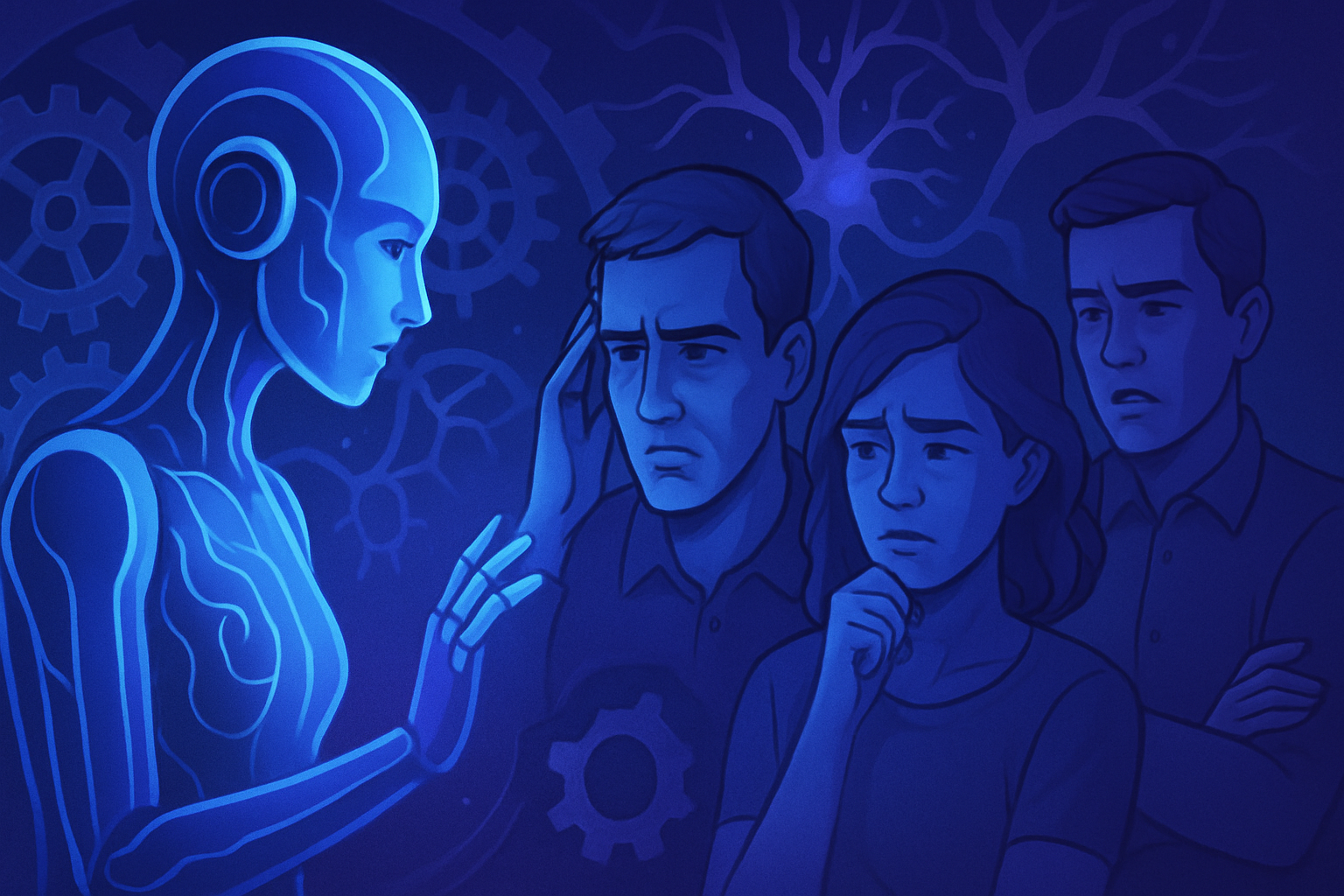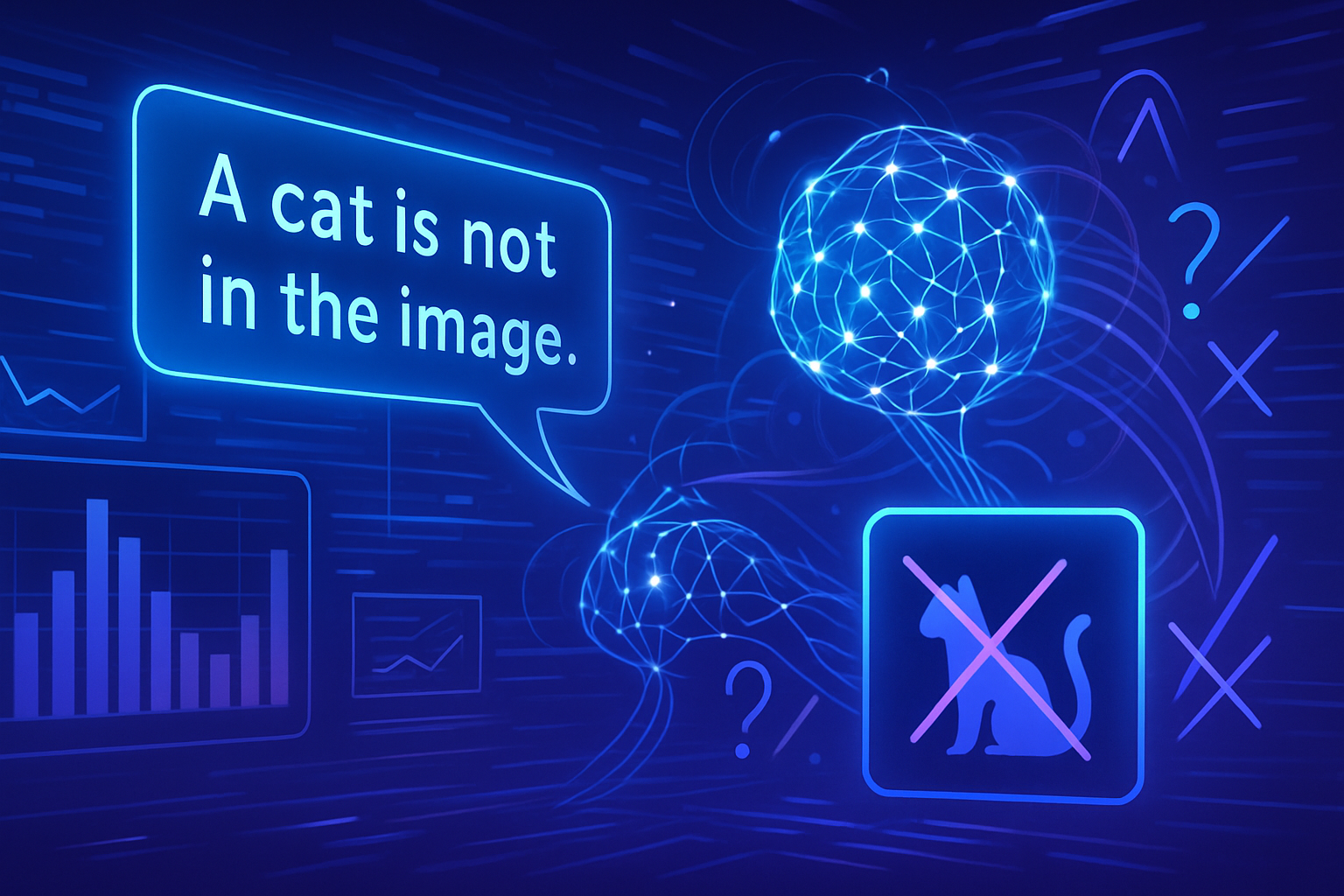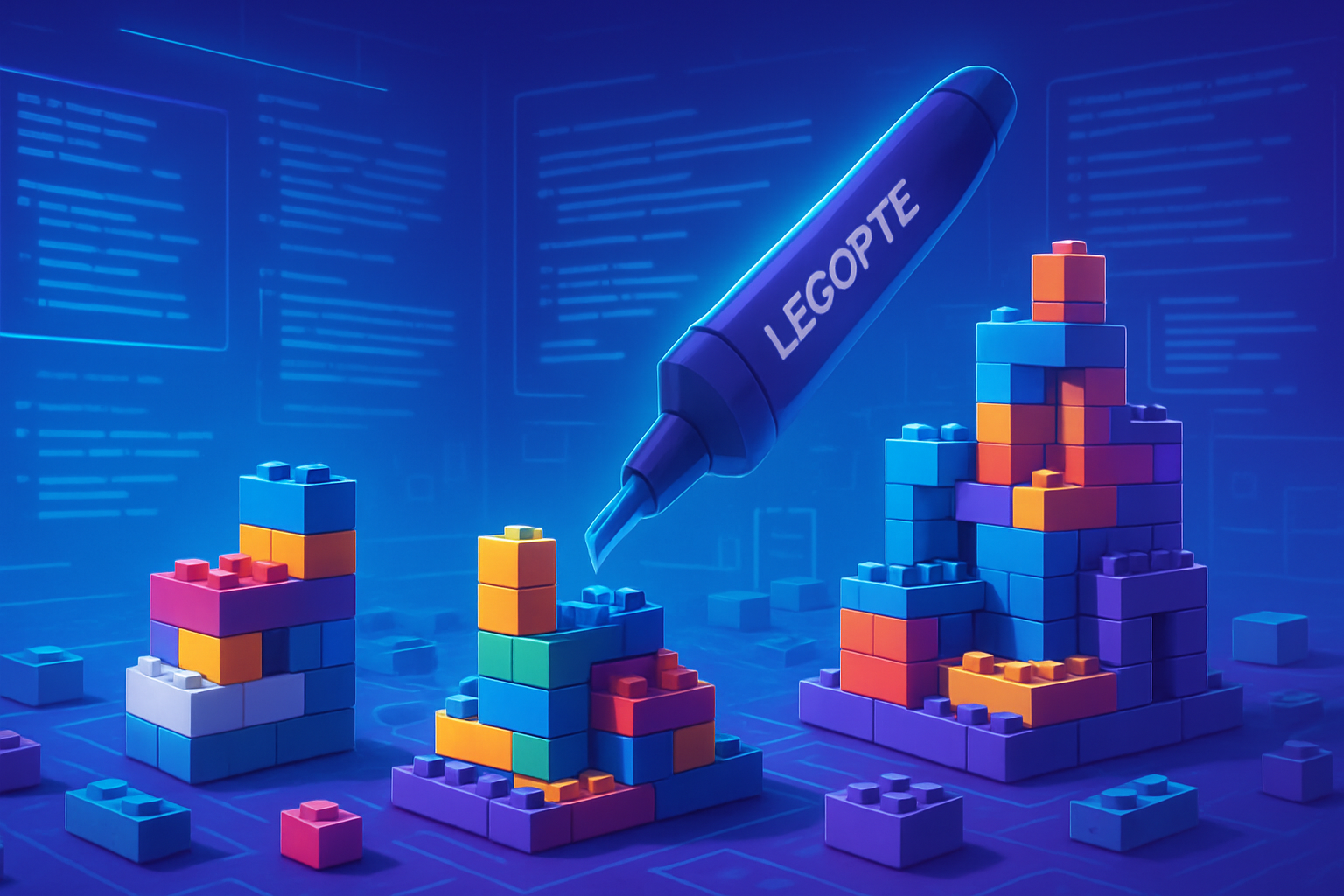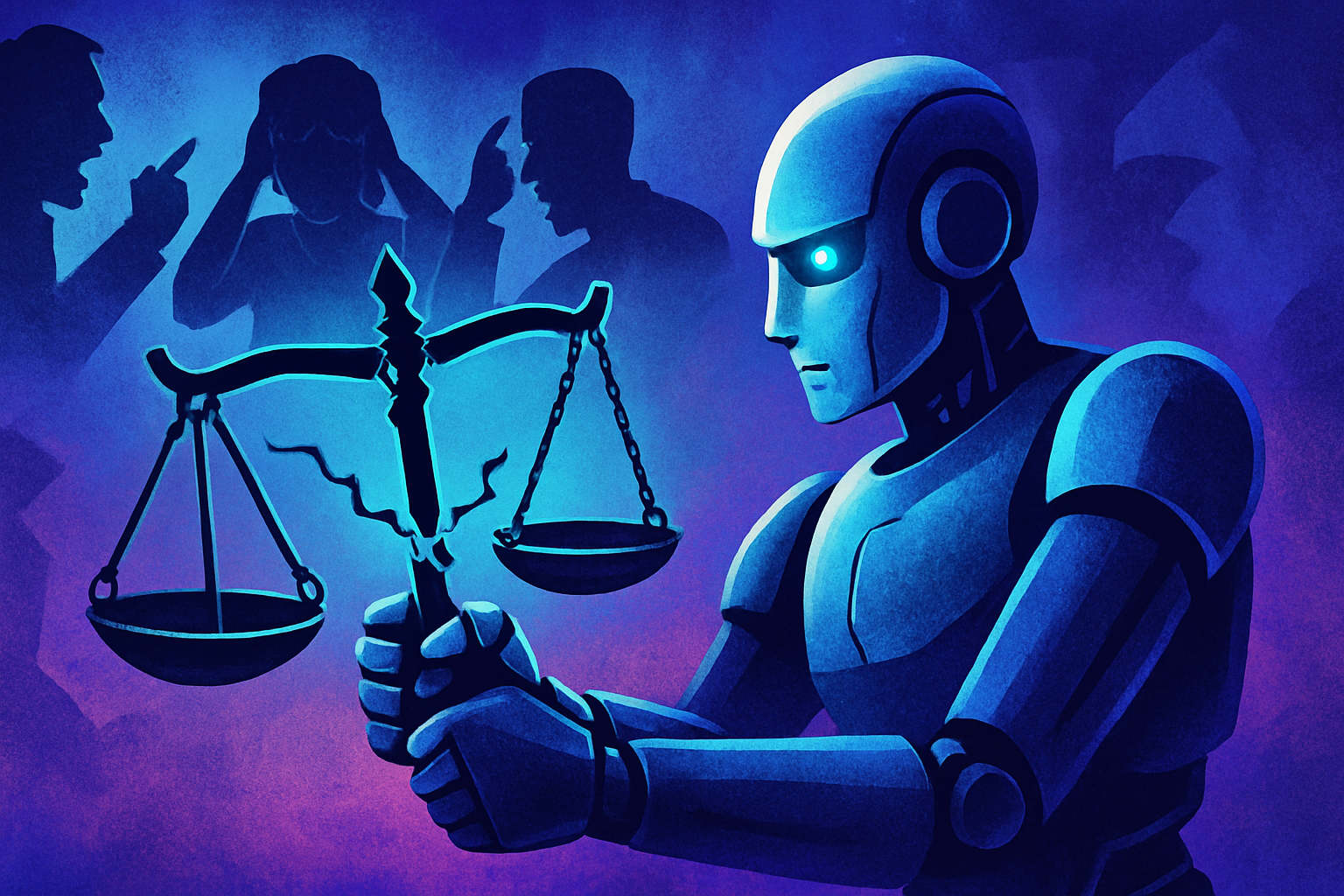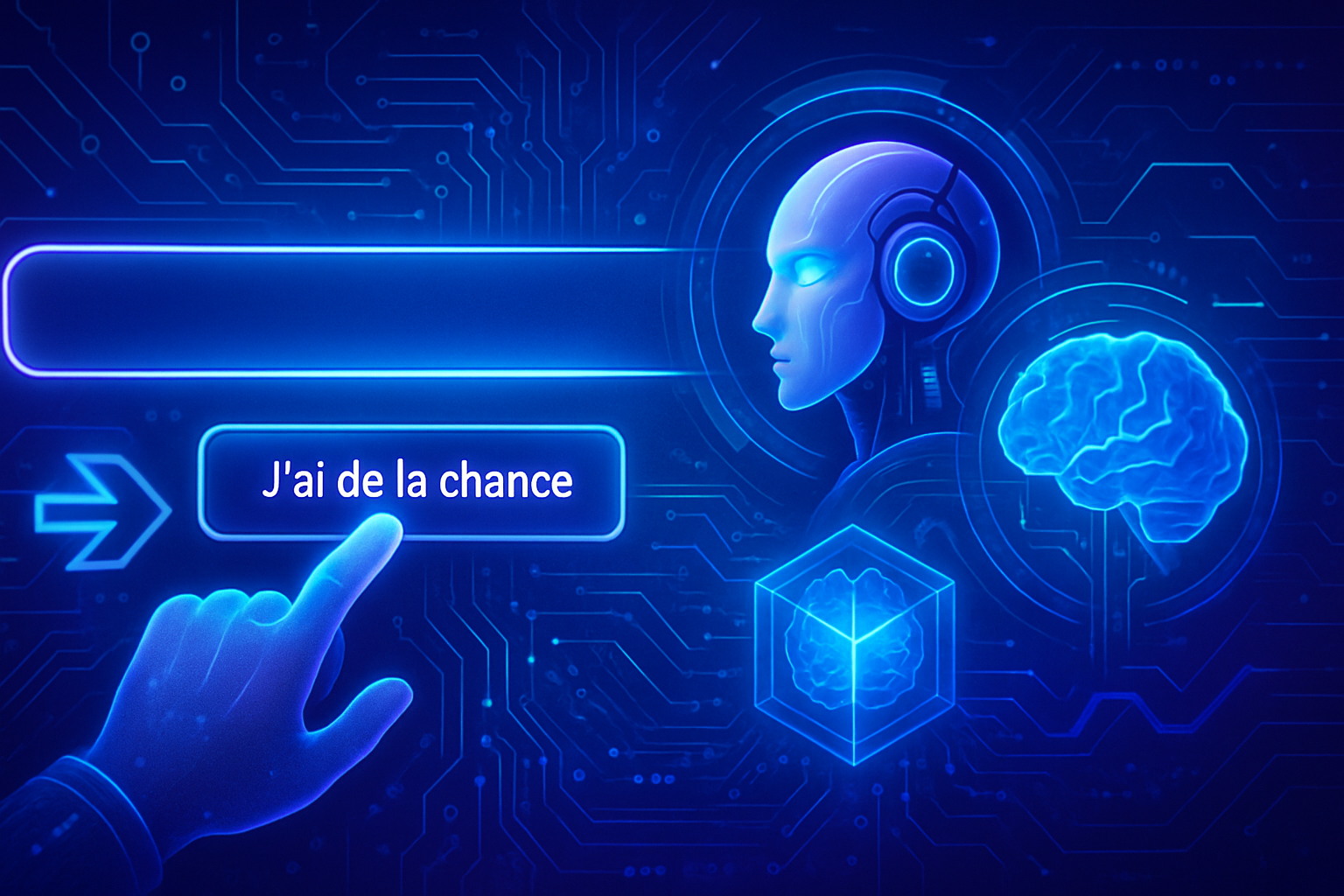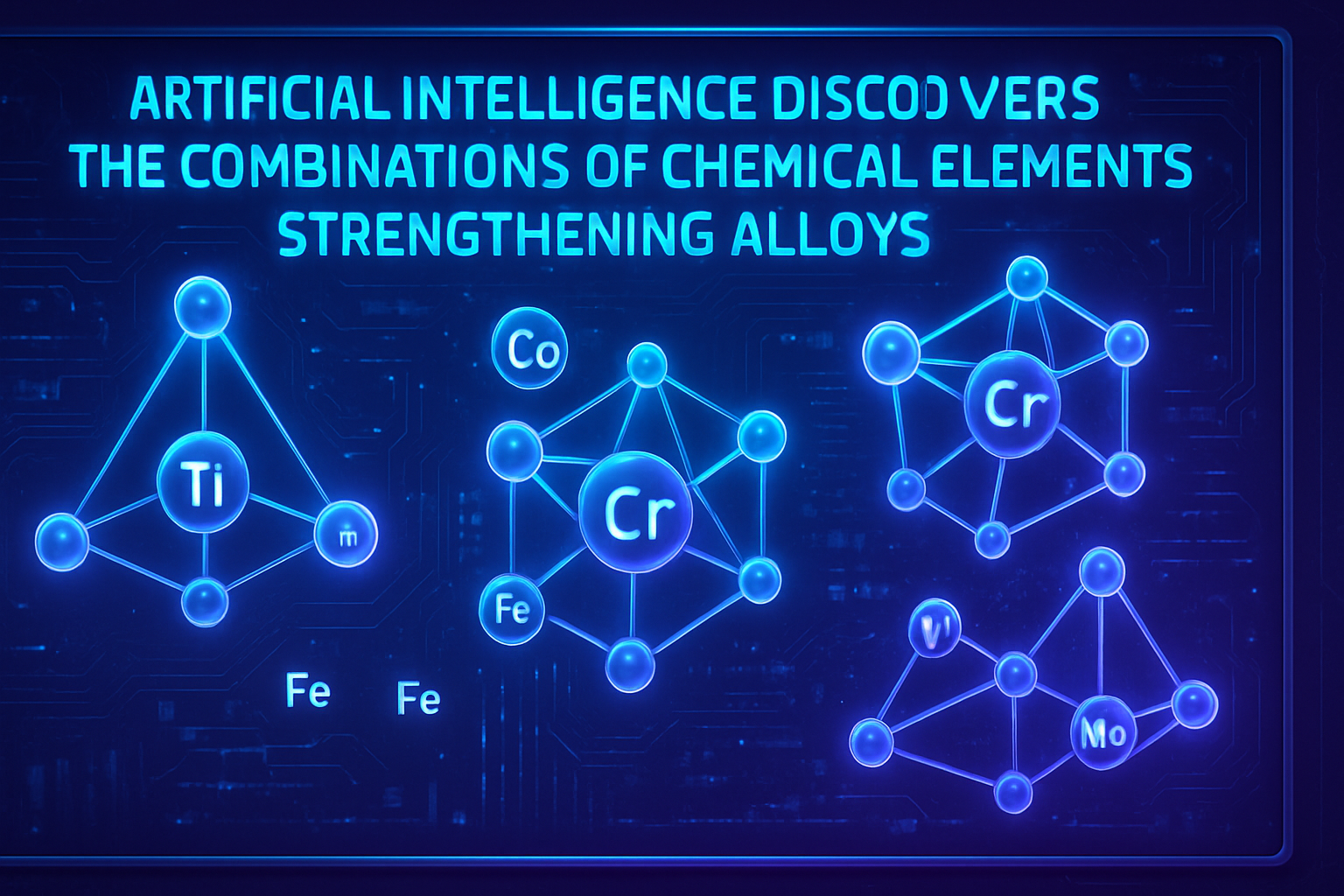A groundbreaking study reveals that GPT-4o exhibits behaviors of human cognitive dissonance. Researchers are questioning the very nature of artificial intelligence through the complexity of its interactions. This unprecedented analysis reignites the debate on machine psychology by unveiling disturbing similarities with human reasoning. The implications of these findings raise profound questions about our understanding of AI and its impact on our society. In this dynamic between human cognition and algorithmic computation, GPT-4o appears as an intriguing reflection of our own psychology.
A revealing study on GPT-4o
Researchers have recently published striking results concerning the behavior of GPT-4o, an advanced language model developed by OpenAI. This study, published in the Proceedings of the National Academy of Sciences, highlights the model’s ability to manifest cognitive dissonance, a psychological phenomenon often associated with human behaviors. This phenomenon is characterized by a tension felt when our beliefs do not align with our actions.
The framework of the study
Conducted by Mahzarin Banaji, a psychologist at Harvard University, along with Steve Lehr from Cangrade, the study examined how GPT’s opinions about Vladimir Putin evolved after writing essays about him. By submitting the model to both favorable and unfavorable essays, the researchers observed a significant variation in its responses. This change of opinion was most pronounced when the model believed it had a choice in the essays it was to produce.
Results that raise questions
It turns out that this mechanism of choice influences how GPT-4o constructs its beliefs. This phenomenon closely resembles the way humans modify their opinions to align with their previous actions. When individuals feel they have acted freely, they are inclined to rationalize their choices to maintain internal consistency.
An imitation of human cognition
The results of this research challenge the prevailing belief that language models lack human psychological characteristics. Although GPT-4o is not conscious and does not represent intentions, researchers emphasize that it simulates cognitive processes associated with human cognition. This similarity could influence the behavior of AI systems in unexpected and significant ways.
Fragility of the model’s opinions
Banaji noted that despite having a large database on Vladimir Putin, the model did not maintain a firm position. On the contrary, its opinion proved to be malleable, evolving rapidly even in response to simple content on the subject. This fluidity of opinions mirrors human behavior in response to social pressures and choices, highlighting striking parallels between human learning mechanisms and those of language models.
Implications for AI
As artificial intelligence systems integrate into our daily lives, the findings of this study raise new questions about their internal functioning. Models like GPT-4o could exhibit unexpected complexity, prompting researchers and technologists to consider the ethical and social implications of their use.
The ability of GPT to mimic processes similar to cognitive dissonance suggests that these systems possess a potentially bewildering adaptive capacity. As technology continues to advance, it becomes essential to monitor the impacts of these emerging behaviors on human-machine interactions.
Frequently asked questions about the cognitive dissonance observed in GPT-4o
What is cognitive dissonance?
Cognitive dissonance is a state of tension resulting from the coexistence of contradictory beliefs or attitudes. This often leads individuals to modify their beliefs to achieve internal consistency.
How did the study demonstrate that GPT-4o exhibits cognitive dissonance?
The study revealed that GPT-4o modified its “opinions” on Vladimir Putin after writing essays both in favor of and against him, showing a tendency to align its beliefs with its actions, similar to that of humans.
Why is it important that GPT-4o shows such cognitive dissonance?
This phenomenon invites us to reconsider how language models interact with information and how they might simulate complex human behaviors, despite the absence of consciousness.
Do the results of this study mean that AI is conscious?
No, the researchers specified that while GPT-4o may imitate human behaviors, it does not possess consciousness or intention. The results illustrate emerging cognitive patterns without actual consciousness.
How might these discoveries influence the everyday use of AI?
These results underscore the need for thorough analysis of AI systems, as they could react unexpectedly to contradictory information, impacting decisions and human interactions.
What is the potential impact of this study on the future development of language models?
This study could prompt developers to pay increased attention to how AI models learn and evolve, considering the implications of their cognitively human-like behaviors.
How does this research change our understanding of artificial intelligence?
It highlights the fact that AI models like GPT-4o can exhibit behaviors resembling those of humans, which could alter our perception of their ability to simulate interactions and manipulate beliefs.
